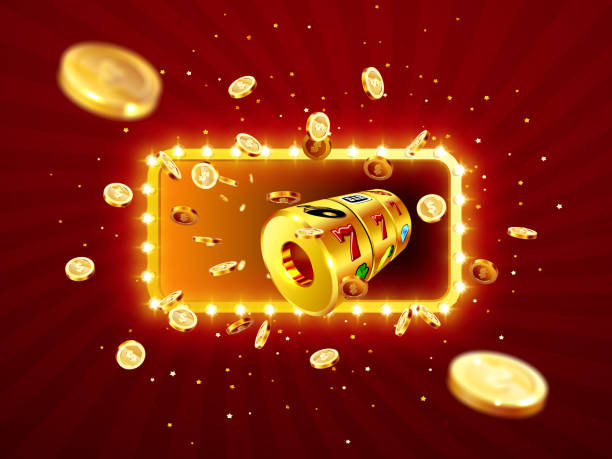
In the rapidly evolving landscape of digital casinos, Web3 technologies have brought about innovative ways to engage and retain players. One aspect that stands out is the casino loyalty program. Among these, Toshi Bet Casino exemplifies the fusion of blockchain technology and traditional gaming rewards, creating a novel experience for enthusiasts worldwide. These loyalty programs aren’t just about earning points; they involve unique blockchain features such as airdrops, staking, and token rewards, reshaping the way casinos incentivise their players.
At the heart of Web3 casino loyalty programs is the concept of decentralisation, which empowers players with unprecedented control over their gaming experience. Traditional loyalty programs often involve monotonous point accumulation or tier progression. However, the Web3 model leverages blockchain technology to provide a more engaging and lucrative avenue for player retention. Key to this is the integration of cryptocurrencies and smart contracts, which enhance the transparency, security, and accessibility of rewards systems.
Airdrops serve as one of the pivotal components of these loyalty programs. Essentially, airdrops involve the distribution of free tokens to players’ digital wallets. This strategy is not entirely novel in the blockchain community, but its application in the casino space is a breakthrough. The tokens distributed can often be used for various purposes within the casino, from wagering on games to unlocking special promotions or bonuses. The sense of community and ownership this creates encourages players to engage more regularly and with higher stakes.
Another transformative feature of Web3 loyalty programs is staking. Staking allows players to lock up a portion of their digital assets in return for rewards, thereby participating actively in the ecosystem’s growth. This is notably different from traditional loyalty systems as it provides an avenue for players to earn passive income while engaging in gaming activities. Staking not only roots players deeper into the casino environment but also motivates them to strategise their participation. The mutual benefit nature of staking, where both the player and the casino gain significant value, has turned it into a cornerstone of Web3 casino operational models.

The innovations do not end there—NFT integration is becoming a popular development within these loyalty programs. Non-Fungible Tokens offer unique, verifiable digital assets that can serve numerous functions, such as exclusive identities within the casino, special access passes to high-stake events, or even as collectible items that appreciate over time. This uniqueness and authenticity add a personal touch to each player’s interaction with the casino, further cementing their loyalty.
In conclusion, Web3 technologies are revolutionising casino loyalty programs, transforming them from static, reward-based models into dynamic ecosystems of engagement and investment. By incorporating elements like airdrops, staking, governance tokens, and NFTs, Web3 casinos offer players compelling reasons to invest not just their money but also their time and trust. As these technologies continue to develop, the future of casino gaming looks set to offer even more innovative and immersive experiences, poised on the cutting edge of blockchain technology.











